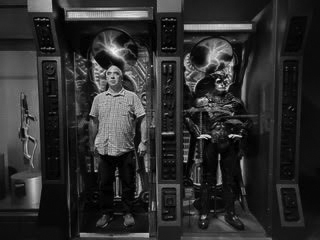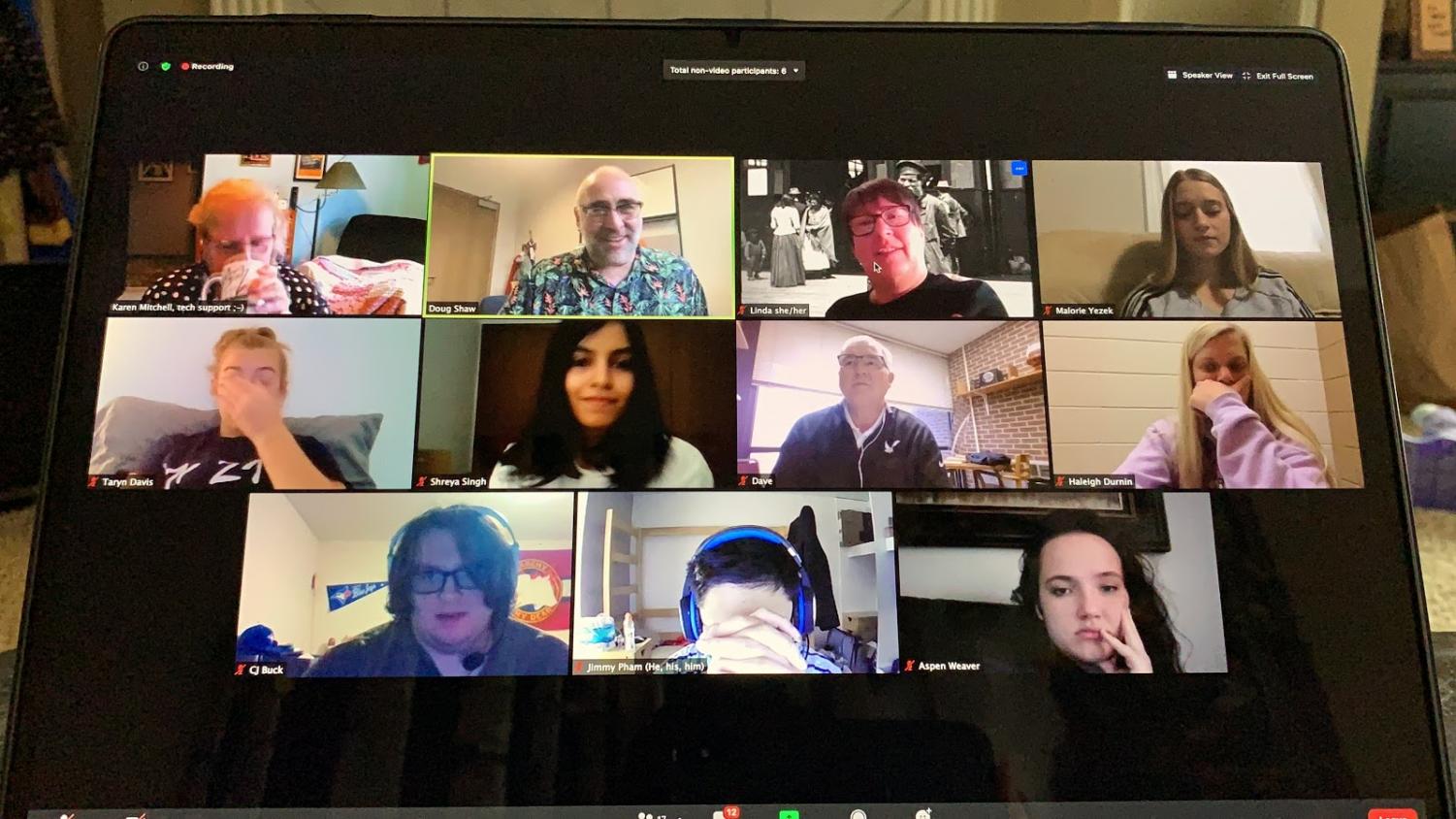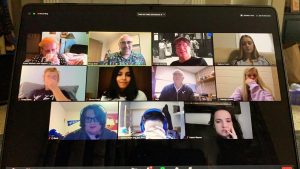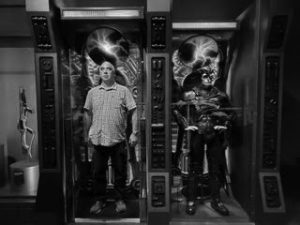Doug Shaw shares the comedy of math
Sep 14, 2020
On Thursday, Sept. 10, Doug Shaw led a Zoom meeting with Karen Mitchell about Comedy of Mathematics.
“I am so excited today because today is Doug’s day to shine,” said Mitchell, who is a professor at UNI in the Communications and Media department. “He’s going to be doing a workshop on Comedy and Math, and I’ve been trying to see this particular workshop of Doug’s for some time and I either got a conflict, or I couldn’t get to the place where he was doing the workshop or there was no longer room for me in the workshop. So today I finally get to see his very long titled workshop on Comedy and Math that I refer to as The Magic of Three.”
This is the second time Shaw has partnered with the communications department and the Interpreters Theater this semester, and this time he did so with the intentions of teaching students some fun ways to understand math.
The original title of the workshop is, ‘The Mathematics of Comedy or the Comedy of Mathematics, I’m really not sure which.” According to Doug, the title signifies how intertwined the two aspects can be, and that it actually depends on the viewer’s interpretation.
To start the workshop, Shaw used technology to his benefit and explained some different theories in math including vectors, exponential growth, linear growth and a whole lot in between. His main focus in the workshop was to study the patterns of comedy and attribute them to different patterns in math, showing a striking resemblance between the two and helping students to better understand them.
There were some goofy improvs that were used to show the differences in graph patterns as well as some videos like a clip from the movie “Airplane,” ordering food and crowded cabin scenes. There was even a video of boarding cabins by comedy duo Key and Peele. Shaw used all these clips and described how students could use them and their variations of comedy to explain different types of growths in math, like exponential or linear and exponential growth, among others.
“A conflict between taking the math route and taking the performance route, it’s kind of an issue in my life because people talk about these things like they’re opposites,” said Shaw. “I cannot tell you how many times, in my time here, I’ve been interviewed by the newspapers when I am doing some cool theater thing or some improv thing and instead of asking me about the improv thing, the reporter will always say, ‘Well what’s a math person doing teaching improv?’ and I’m like, ‘I’m not a math person, I’m a person.’ We’re all people. It’s easier to assess us, it’s easier to control us, it’s easier to deal with us if people put us in these little boxes.”
Shaw further added, “We are so much more than all of that. We can be anything.”











